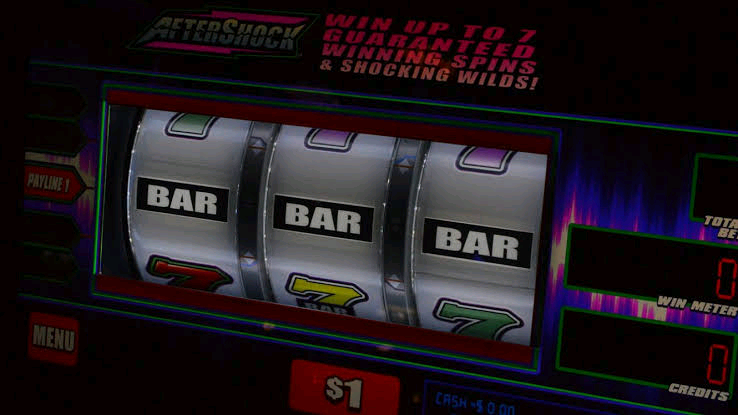
When you embark on your online gaming adventures, it’s essential to understand the financial underpinnings that can influence your potential winnings. One key concept to get familiar with is the Return to Player (RTP) percentage. Picture this: you’re spinning the reels or betting on the blackjack tables; RTP is the theoretical guidepost that signifies the proportion of played funds that an online casino game is designed to pay back to you, the player, over time.
What exactly is RTP?
It’s a percentage expressing how much money bet by players, on average, a game will pay back. If a game has a 96% RTP, you can generally expect £96 to be paid out for every £100 wagered.
Why should you pay attention to it?
Understanding RTP helps you pick games that potentially offer a better return on your entertainment investment, maximizing the fun quotient and your expectations. RTP is a long-term average. The emphasis is on “long-term” – it doesn’t necessarily apply to each gaming session but over millions of spins or plays.
How RTP is Calculated
The concept of Return to Player (RTP) may seem complex, but it’s quite straightforward once you understand the basics. Within the online casino world, RTP is a term you will frequently come across, and you must grasp how it impacts your gaming experience. First, let’s delve into the mathematics at the core of RTP and then see how it applies to some of the popular casino games you love to play.
The Mathematical Foundation of RTP
What is RTP? RTP stands for Return to Player, and it represents the percentage of all the wagered money a slot or casino game will pay back to players over time.
Understanding Percentages: If a game has a 94% RTP, for every £100 wagered, it returns £94 to players collectively in winnings. This doesn’t mean every individual player will win back £94 out of every £100 they bet, as this figure is an average across all players and over time.
How RTP Is Calculated: The formula for RTP is relatively simple. You divide the total amount returned to players by the total amount gambled by players. For instance, if a game takes in £1,000 and pays back £940 to players, its RTP is 94%.
The Importance of Time Frame: RTP is not calculated over a few rounds or playing sessions. Instead, it’s calculated over an extended period and across many players, which makes it a statistical average.
Why RTP Matters: As a savvy player, RTP can help you choose games that offer on average better paybacks, increasing your chances of winning in the long run.
Examples of Calculating RTP in Popular Casino Games
Here is what you should know:
Slot Games: Slot games vary widely in their RTP rates, often ranging from about 90% to sometimes upwards of 98%. The producers of the games provide these percentages based on simulations across millions of spins.
Roulette: A classic casino game, European roulette, for example, has an RTP of roughly 97.3% due to the single zero present on the wheel. This is calculated by evaluating the payouts given for every possible bet in the context of the likelihood of each bet winning.
Blackjack: Blackjack is known for having a high RTP, often above 99%, but achieving this RTP requires playing with perfect strategy. It is determined by analyzing the probability of all the different outcomes and the payments for each.
The Impact of Betting Strategies: While RTP is a game-inherent feature, your particular style of play and betting strategies can impact your individual winning chances. Keep in mind, though, that RTP remains a long-term measurement and will not predict or guarantee individual session outcomes.
Final Words
Remember, the key to benefiting from the knowledge of RTP is choosing casino games with the best payback over time. Even if you’re entirely new to the gambling scene, understanding RTP is an excellent step towards making more informed and potentially successful betting choices. Enjoy the games, and may the odds be ever in your favour!
Simon Ward believes gambling should be about calculated risks, not blind luck. He dissects the numbers behind every bet, from sports to slots, sharing his insights to help others play smarter.
More about Simon Ward
Age: 42
Experience: Online gambling veteran, 15+ years analysing strategies and odds
Background: Former statistician turned full-time betting strategist
Hobbies: Craft beer enthusiast, avid football (soccer) fan, occasional poker dabbler
Residence: Manchester
Marital Status: Happily married, father of two


